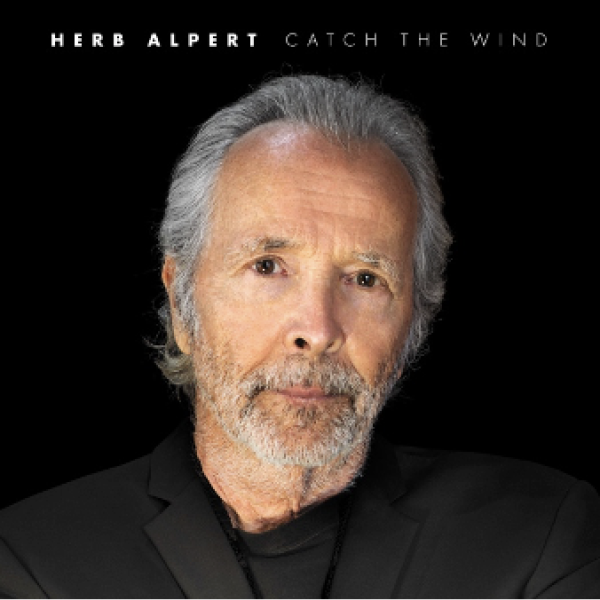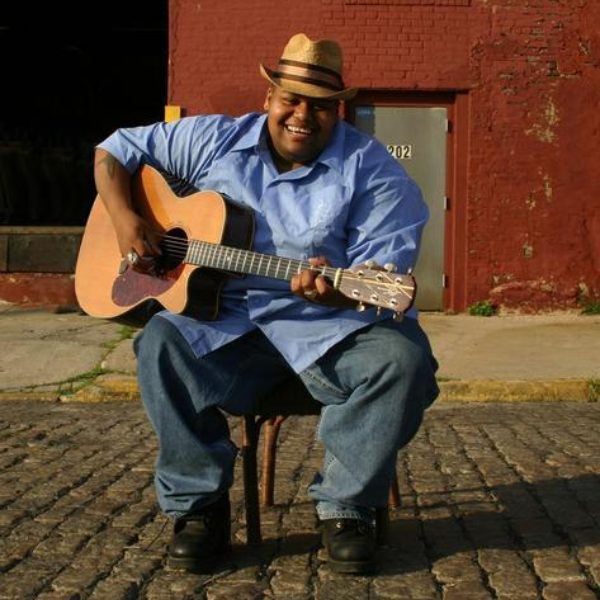
For the past 28 years, the Herb Alpert Foundation and the California Institute of the Arts have awarded $75,000 prizes to five artists in the fields of Music, Dance, Visual Arts, Theater and Film/Video. Twenty 22 is now the third year that the honor has gone to 10 artists, two in each category, in recognition of the burden the pandemic has placed on artists. Today, May 4, 2022, the winners of this year’s Herb Alpert Award in the Arts are to be officially announced. Afropop’s Banning Eyre spoke with Herb Alpert in advance to get his thoughts on the award, the winners and what it all means in today’s America.
Banning Eyre: How are you this morning?
Herb Alpert: Well, I'm O.K. Given what's going on in the world, it's hard to be wonderful. It's hard to be devoid of what's happening.
Hard times for the world, indeed. But you're certainly doing your part to make things better. This is a fascinating collection of artists that you are awarding this year. A few things jump out to me. A lot of these artists are very much on the cutting edge, the avant-garde end of their disciplines. These folks are definitely pushing the envelope, definitely not in mainstream pop culture. Also a lot of them seem politically and socially engaged, addressing the problems of the country in the world with their art. And there's a very large representation of African-Americans, which is good to see. I'm curious about the process, and what you might have to say about this year's honorees in the Herb Alpert Award in the Arts.
Well, you hit the nail on the head. I do like the road less traveled. I like artists who are doing their own thing, not to make a lot of money or to be famous, but to explore their own creative passion. I love that. Those are the artists who really have something magical to say. And as my friend Sir Ken Robinson said, “Creativity is as important as literacy in terms of what it brings to our society." Our country revolves around the artists. We are the heart and soul of what's happening in this country and world. And I don't just mean music. I mean painters, sculptors, actors, poets. They all bring that little special magic to it that we need more than ever at this particular time. And I'm happy to be able to support that.
I'm not involved in the process of picking the winners. I try to stay totally removed from that whole process. We have a lot of great people who do the picking and due diligence. And I'm proud of all the nominees and winners. This has been going on for the last 28 years. But for the past three years, we have doubled the amount of artists. It was conceived as five winners each year in various disciplines, but we doubled it because of the virus and what's happening with our society. You know that one of the first thing that seems to be eliminated in budgets is the arts programs in schools.
So true.
In this crazy world, I feel like you need to kind of stick in your own lane, and my lane is trying to help support artists who need a little encouragement. I had this amazing opportunity when I was eight years old in my grammar school and I picked up a trumpet that was on a table filled with various instruments. I happened to pick up the trumpet. Couldn't make a sound out of it. I thought he just blew hot air into it. But I finally did and I took some lessons, and all of a sudden I started playing "Mary Had a Little Lamb." I started to have fun. This instrument has changed my life.
The most important lesson I learned through the years, especially when I ran into a little snag playing the horn. Around 1969, ’70 I was going through a divorce, and suddenly I couldn't play the instrument. Well, I could play it, but I was stuttering. I think I told you about my friend Carmine Caruso, the troubleshooter. He helped brass instrument players from all over the world, and the amazing part is he never even played the trumpet. He played saxophone and violin. But he had the art of teaching. He believed each person is an individual and needs to be taught as an individual. He's the one who told me, "You are the instrument. The trumpet is just a megaphone. You are the sound. It comes from the inside.”
So that's what we always look for, people who do art from the inside out. It's not about following all the rules in this that or the other discipline. If you're not passionate about doing it, don't even attempt it, because while you're sleeping, other people are practicing.
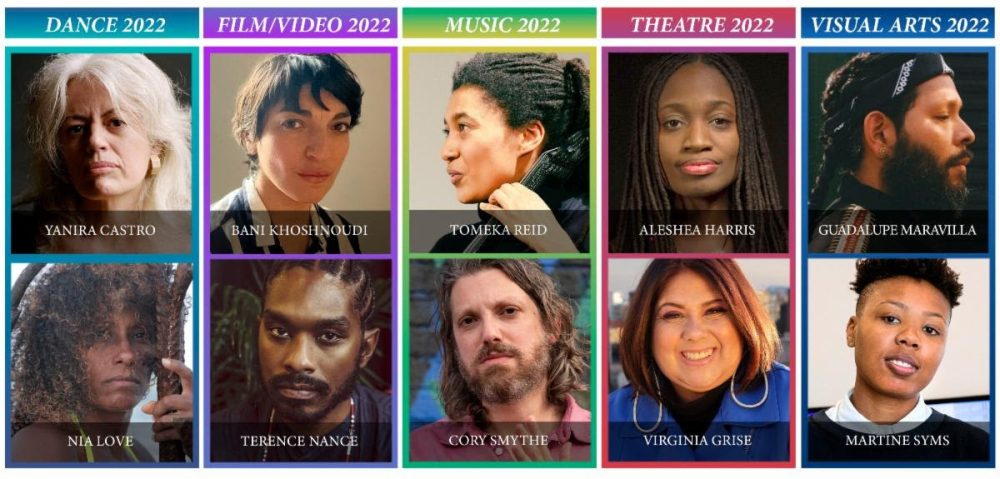
So you don't pick the artists who went, but you pick the pickers, right?
Well, the jury is selected by Irene Borger and a group of people that I've worked with through the years. I'm not involved at all.
O.K., but do you give them any kind of guidance as to what they should be looking for?
The guidance that I give them is when I sign the check. I like to give them some space to create and do what they have to do. That keeps them going.
I imagine that panelists have a sense of the history of the award. It has gained a certain character over the years, wouldn’t you say? Taking the road less traveled. Playing from the inside out. The ideas you have mentioned create a certain atmosphere after 28 years.
Absolutely. We've got a great reputation out there. But that's not the reason I'm doing it. I wanted to give back. I have been blessed beyond my dreams, so instead of buying a Van Gogh or a Monet and hanging it on my wall for my own gratification, I thought I'd do something that would help others. I get a lot of satisfaction out of being able to do that.
This year’s artists have some very interesting stories. For example, the filmmaker Bani Khoshnoudi has made a film about a site where Chinese immigrants died in the California desert. This would be in the aftermath of building the coast-to-coast rail road. It’s a fascinating bit of a hidden history, and it's a sign that these artists are taking on difficult subjects and putting a critical eye on America as it is today.
Well, the organization tries to pick people who are not only self-serving but looking to help others as well.
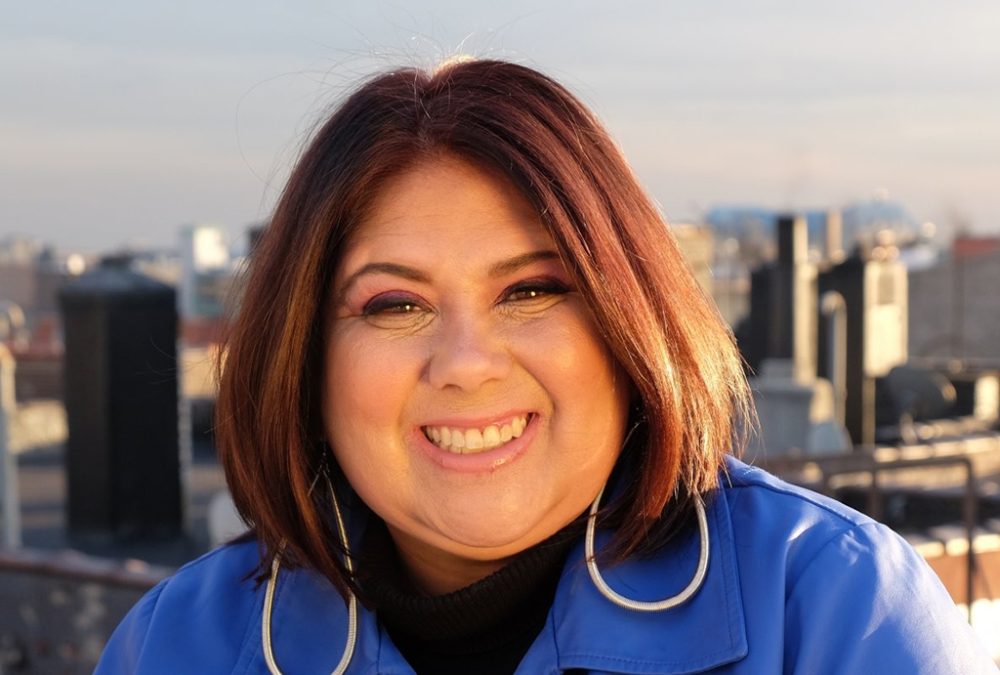
Virginia Grice, winner of one of the theater awards, worked with that wonderful Los Angeles-based band Quetzal. In a way you could call that band children of the Tijuana Brass, because they create an American reflection on Mexican culture. But Grice writes “plays that are set in bars without windows, barrio rooftops, and lesbian bedrooms.” That struck me as an interesting group of settings. I imagine that, since you're not involved in selecting the winners, a lot of these artists are probably discoveries for you as well. Is that right?
Absolutely. I'm usually happily surprised. They all get woven into a fabric of artists who deserve a little bit of encouragement to know that they're doing something special, and have a chance to continue on. So it's always interesting to see who's been chosen, and I am involved on that level. But you know, I am doing 52 concerts a year with my wife Lani.
Are you back in action now?
Well, we've had to postpone so many trips. We would've been in Canada at this moment. We had to postpone that. So we start again in June and were booked through 2023. I was looking forward to an engagement to play in London at Ronnie Scott's famous jazz club. I've been wanting to do that for the past couple of years, and now it's going to be in 2023 in June. But that show has already been sold out for a week. That’s going to be a great moment for me.
Amazing. Sold out over a year in advance.
Meanwhile, we've been in our home, trying to stay alive. My wife [singer Lani Hall] is from the school of "is it worth it? Is it worth the risk?" Well, Lani, nothing’s worth the risk. A plane could land on our house right now. Is that worth the risk? So she's very cautious. She doesn't want anything to happen to us. So we’re taking our time.
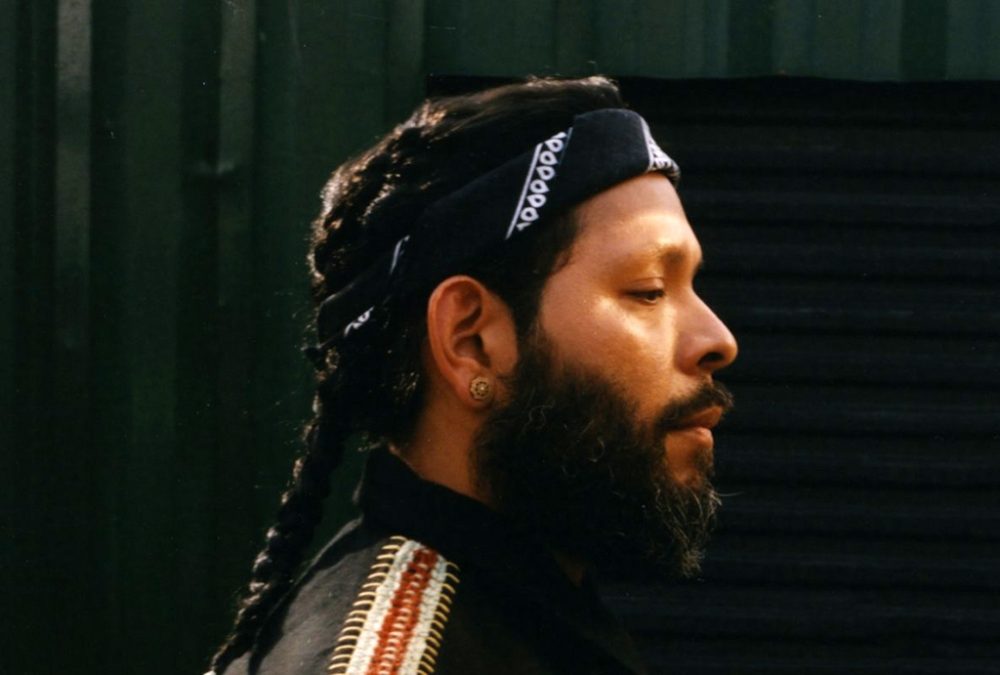
Well, we will look for you in New York. Let me ask you about one of the visual artists you're awarding this year, Guadalupe Maravilla. He's working with this concept of sounds and tones as healing forces. It's an interesting choice for a visual artist.
I totally believe in that. Music is healing. I think the music that I try to make is healing for me, and luckily it's been healing for a lot of other people. I get an enormous amount of letters and communications from people who've gotten a lot of pleasure out of my music. That's healing. Sculptures are healing. I think the idea is to get to a place in your life where you don't analyze art. You just accept it on that level. Music is not something you just get with your ears. You get it with your soul. It comes inside. And if you can feel it from that point of view, whether it's music, sculpture, painting... You might stand in front of a beautiful painting and ask yourself, "What the hell is this guy up to?" but if you do that, you'll never get it.
The example I like to use is Jackson Pollock. The first time you see a Jackson Pollock, you might ask yourself a question like that. "Holy moly, what is this guy up to?" You might think, “I can do that.” But then you’re trying to analyze what he's up to, or listen to the reviewers, because they have absolutely no idea what the guy was really doing.
Pity those reviewers. They've got a tough job.
Well, if you just stand back and take it in, then you'll receive the message.
So art is healing, and then you connect that with how so many school programs have been cut across the country, it tells you something. We saw a wonderful youth orchestra in Miami last week. They were great, and they were totally funded through organizations outside of the school system. People are stepping in to try to make up for the fact that these programs have been cancelled. This orchestra was using the Venezuelan method, El Sistema, and boy was it working. They had a big enthusiastic crowd packed into the North Miami Beach Bandshell. Truly inspiring. But then you think about kids in more remote places where they might not have those resources. They're really being robbed of something important.
Right. Our priorities are off kilter. It's such an important ingredient. This whole country, our whole world is created by innovation, by human beings that innovated, making things different. Otherwise we would still be in the caves. So we have to be able to honor the artists. I don't think our politicians get it. They look at bottom lines. When you figure everything out in terms of dollars and cents, you lose your perspective.
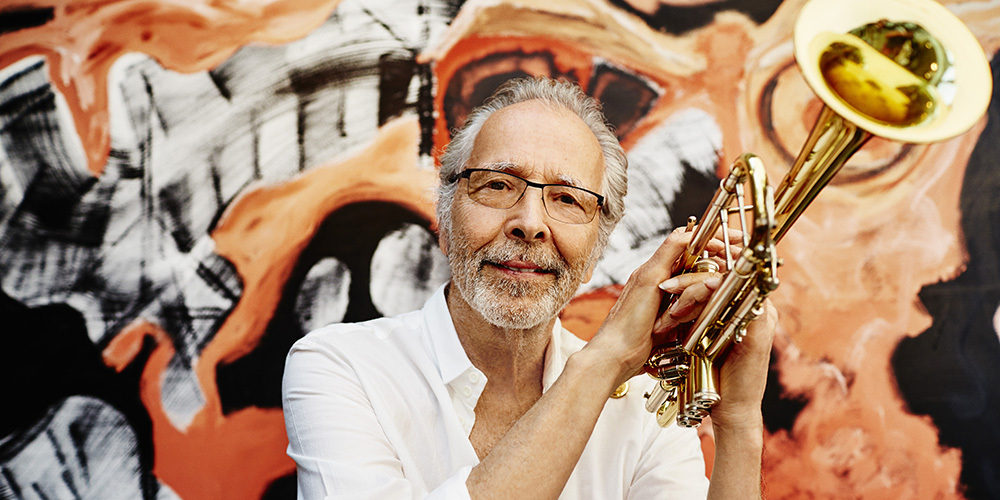
We’re a long way from Jimmy Carter, Rock & Roll President. When I look at the winners of your award this year, it's hard to miss the common thread of social activism. Some people think art should be totally free of causes. Others think causes are the only reason to make art. These artists seem to be working in between those extremes but very much with a sense of purpose. Any thoughts about the arts and social activism in general?
I like the variety. I don't think it comes in one direction. Ideas come in lots of different directions. And that's beautiful, the way it should be. I just like artists who are involved, trying to do something that elevates the human spirit.
So you will be doing a virtual ceremony, by invitation, on May 4, and announcing the winners to the world.
I'm looking forward to it. It's a Zoom event. Some of the artists will perform and do something to illustrate their artistry. But mostly it's just a celebration, a thank you from me to them. My wife and I will say a few words. As I've told you, I am a card-carrying introvert. I always worry that when I say these things, I'm talking to the choir. I want to talk to the people who don't want to be in the choir. I want to talk to people who might just say, "That's a pretty good idea. I like that." Those are the people I try to get to. So I'm always reluctant to do interviews where I'm just talking to people who are already tuned in.
I relate to that. That's our lifelong mission of Afropop, to reach the people who've never heard or never thought about any of the stuff we cover. It's a constant challenge.
It's a huge challenge. And that's the one I'm interested in. I do appreciate this interview and your probing, but I'm not a salesman.
Well, you do a good job anyway. I imagine that people who see this on our site will be introduced to artists they had no idea about. There are so many niches out there. Each of these artists is living in their own ecosystem. But you’re trying to break out of those ecosystems and expose more people to what's happening in other areas of the arts. That’s cool.
When I first started this in the early ’80s, I thought, “O.K., I've been blessed beyond my means. I'm going to do what I can to help others, and maybe when I do that I can encourage other people who have a little extra change to do the same." That was my pursuit. I don't know if I've been successful, but that's what I'd like to see happen. Because there are so many people who are on their yachts, or driving their million-dollar cars. To me, that's just not the way.
We seem to be reverting back to the Gilded Age, 100 years ago. But then as now, artists need patrons. and I'll bet you have inspired others to give. I picture some of those guys sitting on their yachts and thinking, "What next?"
I don't know if they are. Well, maybe now that they're smoking a little weed they might come to that.
That could open things up a bit. [Laughter]. Well, it’s lovely to speak with you again. Greetings from Georges Collinet, and congratulations on another year of doing this great work.
My pleasure, man. Always nice being with you.
Best to Lani, and good luck getting back on the road.
Love it. Be safe.
Related Articles
